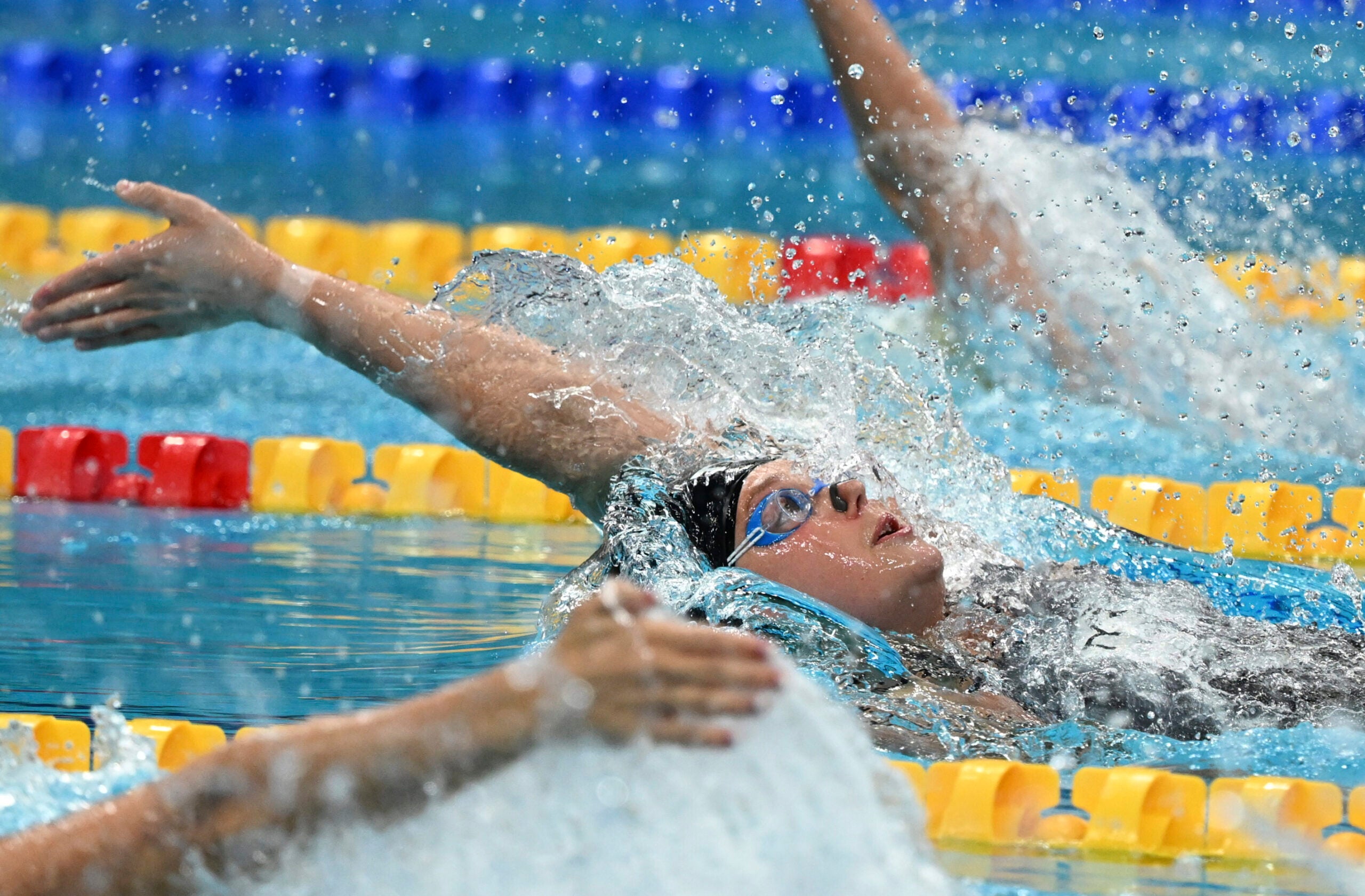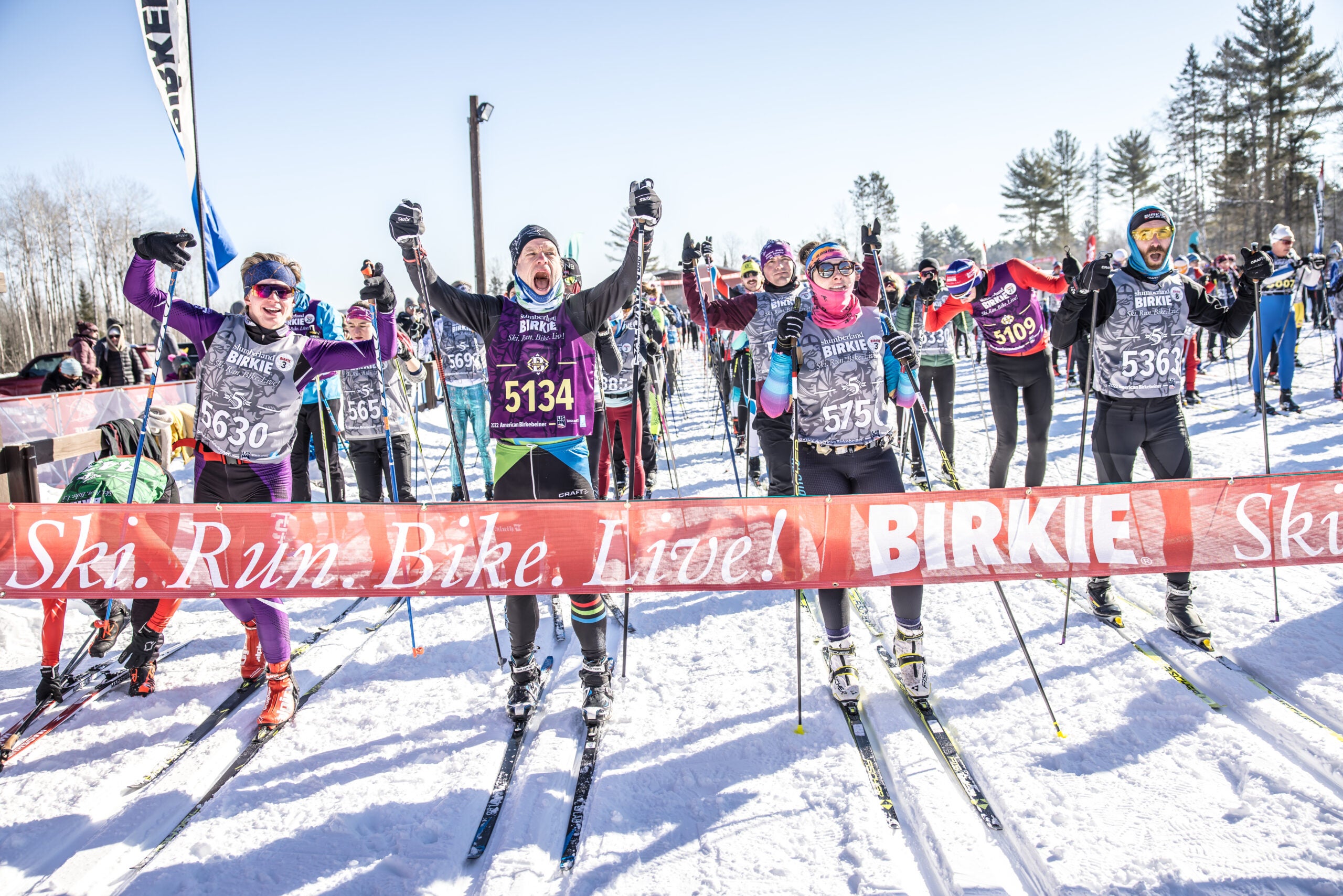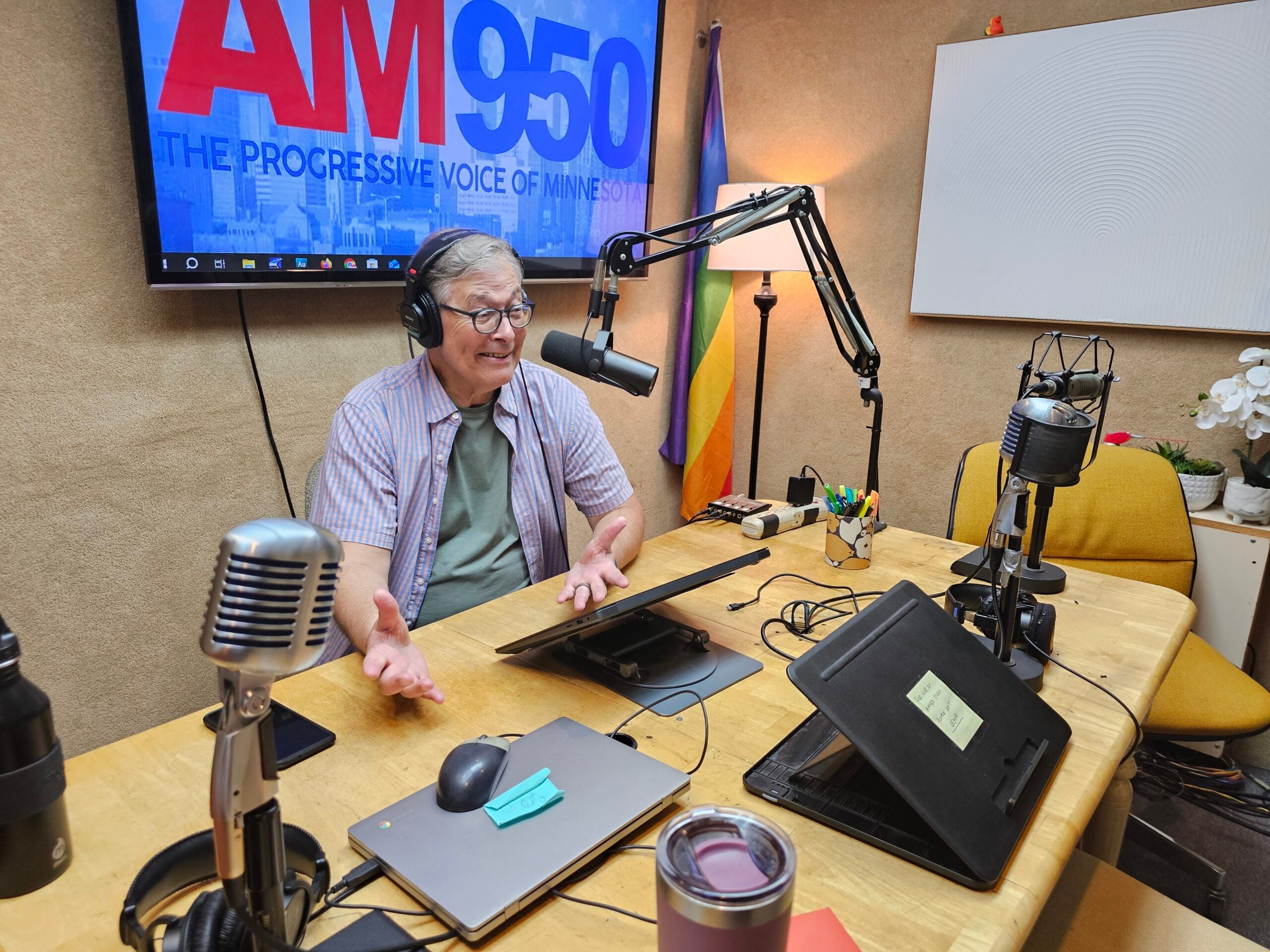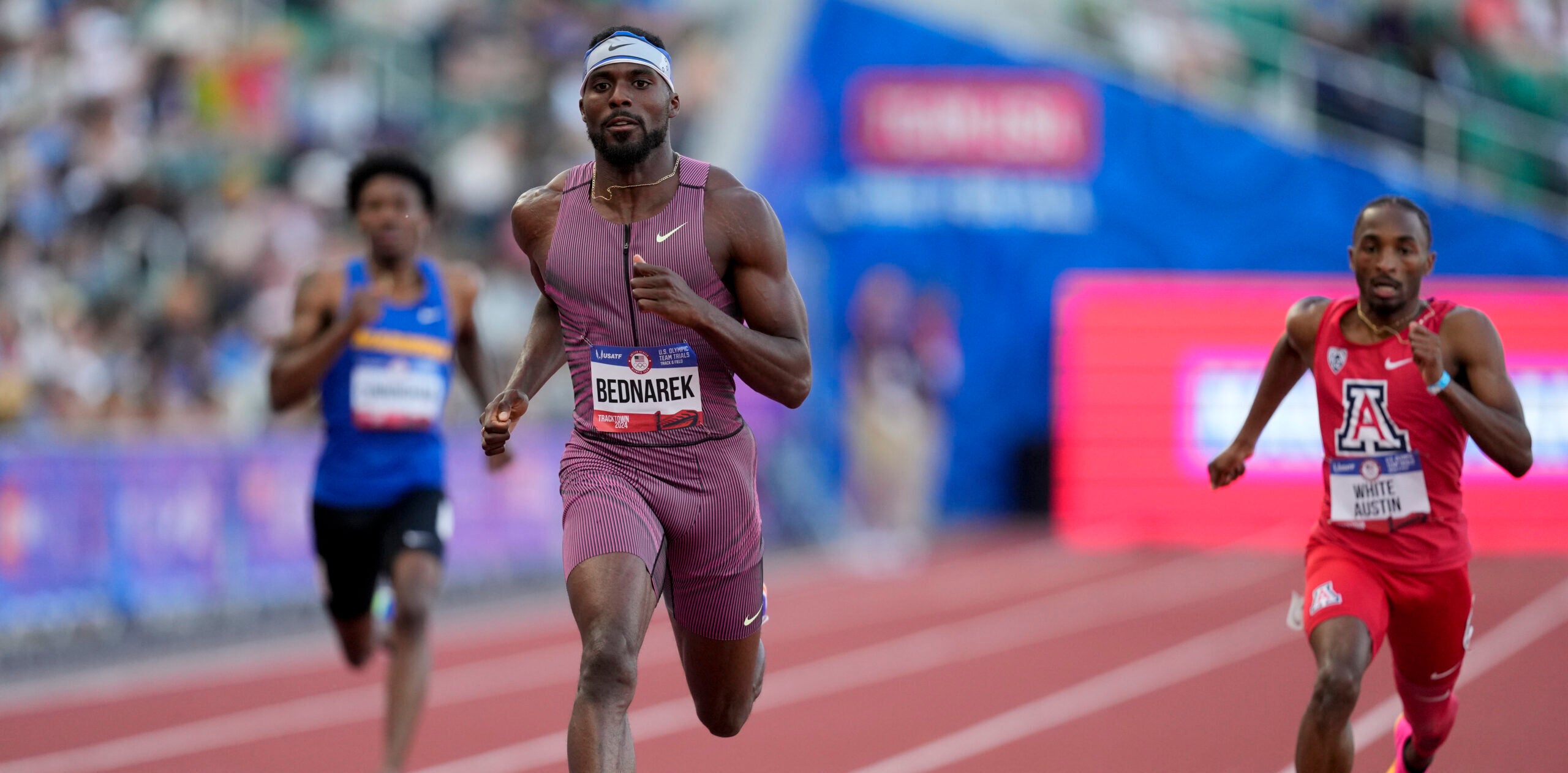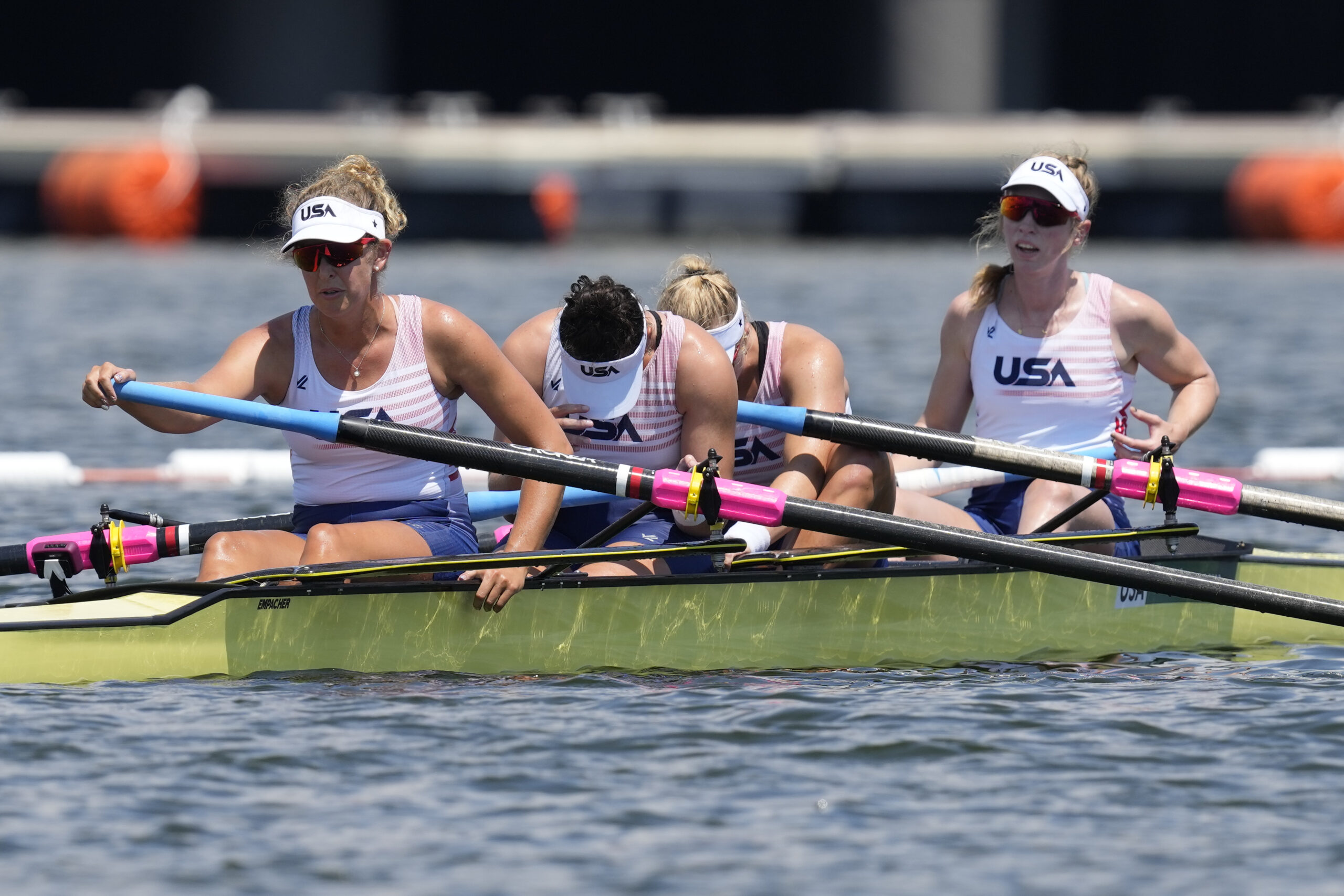Phoebe Bacon has been swimming since she was 2 years old, spending summer days at the pool with her family.
“I had two older siblings and my mom wanted to go to the pool to lay out and tan. So she was like, ‘Why don’t we sign ’em up for swimming?’ And from there, I never looked back,” Bacon said, chuckling.
Now, the 21-year-old is heading to her second Olympics to compete in the women’s 200m backstroke.
News with a little more humanity
WPR’s “Wisconsin Today” newsletter keeps you connected to the state you love without feeling overwhelmed. No paywall. No agenda. No corporate filter.
WPR’s Jenny Peek sat down with Bacon at the Soderholm Family Aquatic Center on the University of Wisconsin-Madison campus before she left for the Olympic Games.
This interview has been edited for brevity and clarity.
Jenny Peek: Why do you love the sport?
Phoebe Bacon: Throughout swimming, since I was 2 years old, I’ve met hundreds, probably thousands of people all over the United States to various countries — I have friends all around the world. And I think that’s one of the coolest parts of swimming, is the amount of people that you meet and these connections that you grow.
One of the crazy things is you’ll meet somebody one day and they’ll be your biggest competitor for a year and then the following year, you guys may still be competing, but you’ve seen each other so many times that you’re like more friends rather than competitors. It’s just those various connections that I’m making through the sport of swimming that will just never go away.
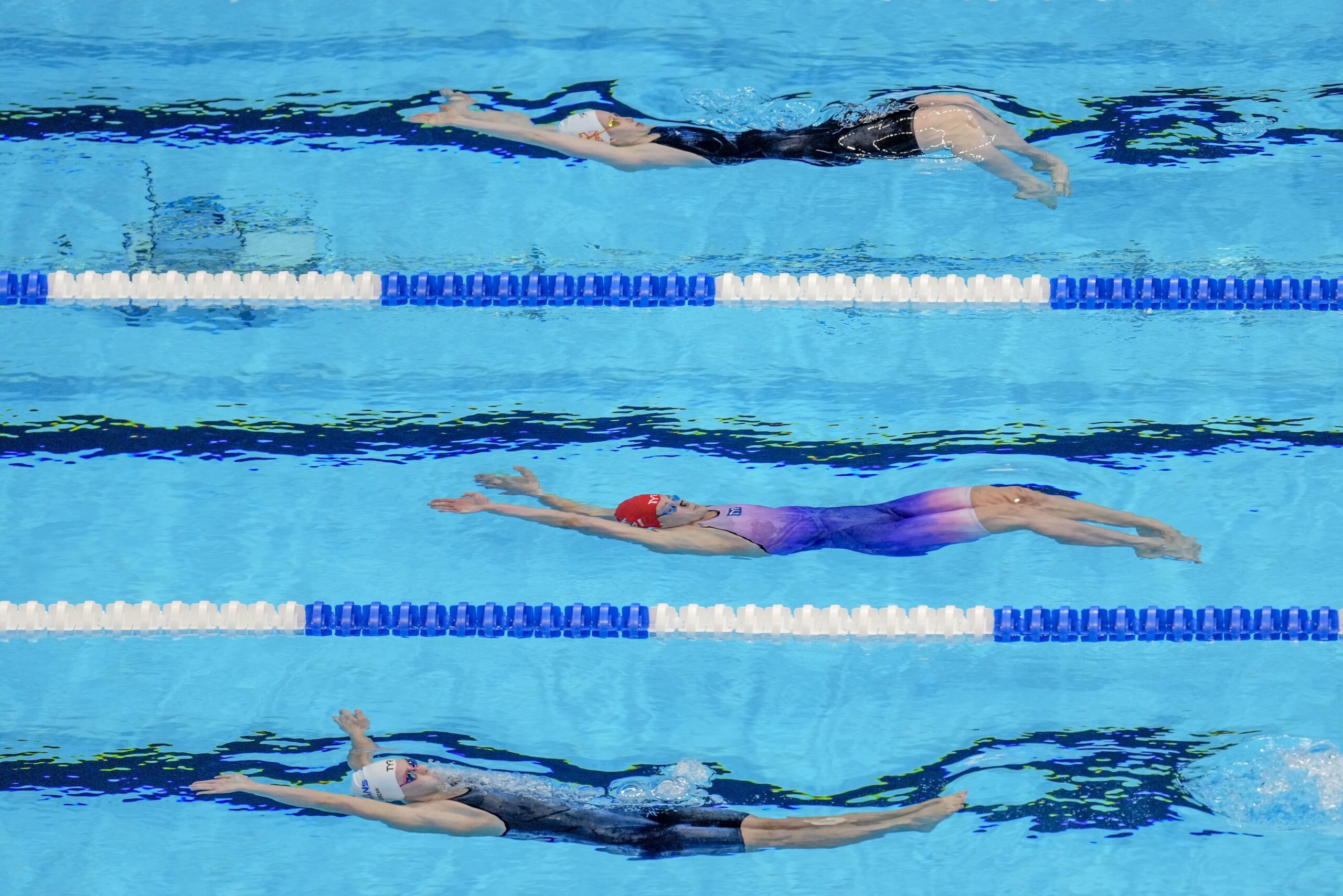
JP: This will be your second Olympics. Can you tell me about the first?
PB: The first was incredible. It felt like a once in a lifetime kind of opportunity. I was super excited to be there, but it was also done during COVID so there were a lot of restrictions and a lot of things that we couldn’t go do.
So although it was amazing — I watched so many U.S. athletes win gold medals, silver medals and bronze medals, and I got to compete in the finals there myself — I think this coming one’s gonna be a whole new experience.
JP: What are you most looking forward to in Paris?
PB: It’ll be having fans in the stands. Back in 2021, the only people up in the stands were us athletes. So this year, we’ll have fans in the stands. And I really like that because I’m somebody that I enjoy walking out from the tunnel or the ready room and looking up at the fans, trying to find a group that I know is hopefully cheering me on, in a sense, smiling and waving. That kind of gets me excited, but also helps me have my last quick smile before I focus in on what I’m there to do.
JP: You recently qualified. What did that feel like?
PB: Gosh, a weight was lifted off my shoulders. I was happy. I was excited. I was emotional. You name it, that feeling probably went through my body and my head in the moment. But I am just purely happy that I’m going represent my country for another Olympic Games.
JP: Do you have a specific routine on race day?
PB: I do like to get to the pool about two hours before my event, so I can just sit, relax, kind of take everything step by step, rather than rushing through my warm up.
I kind of just go with it. I like to stay smiling and laughing, so sometimes I’ll purposefully put myself next to somebody that I know is going to make me laugh. As long as you’re a happy swimmer, you’re going to be a fast swimmer. So that’s what I just try to do.
JP: Is there anyone specific that you’ll be seeking out in Paris?
PB: On the Olympic team, I like hanging out with Alex Walsh. She can just be really funny and fun to sit with and talk with.
But then actually, my fellow 200m backstroker, Regan Smith — although we’ll be competing against each other, we’re also competing together. I think having each other sitting in the ready room will benefit us both, we’ll feel really comfortable. We enjoy being together. We also enjoy racing each other. It’s a good competitive kind of environment that we have.
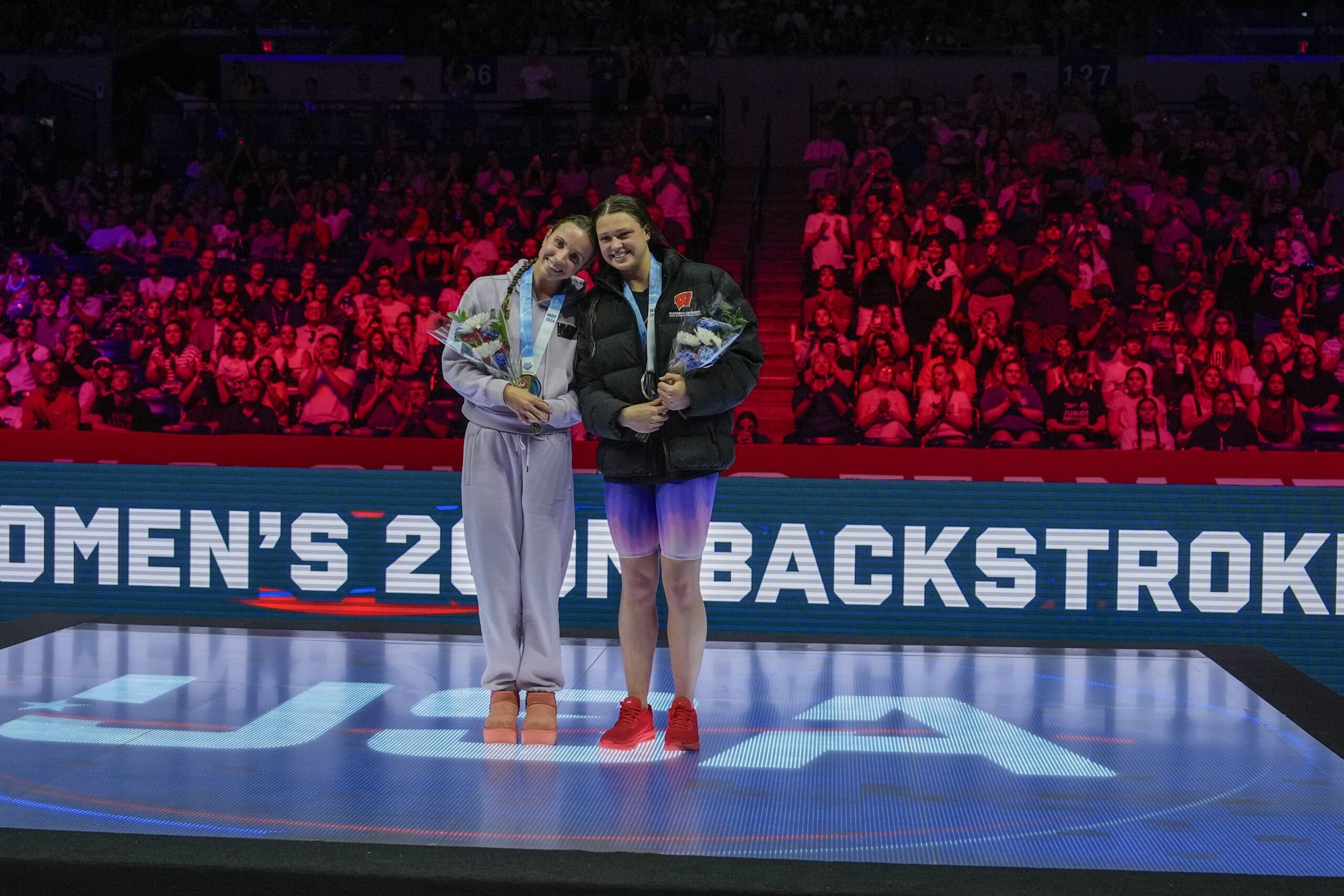
JP: Do you have any advice for young swimmers or athletes?
PB: My biggest piece of advice — and it almost sounds silly, but it’s true — it’s just keep having fun and keep smiling.
I think that’s the biggest thing that a lot of swimmers within college and as they turn professional forget about, because swimming turns into a job. And if it’s your job, obviously everybody wants to love their job, but it can be hard to actually see the joys that can come of it, the relationships that you can create.
We just had a hard practice and walking away from it, I’m dead, I’m tired, I want to take a nap. But I feel so accomplished. And that is more-so what makes me happy rather than doing well or not doing well in the practice.
So just just keep smiling. Keep swimming as something where you’re enjoying it rather than something that you’re stuck focusing on.
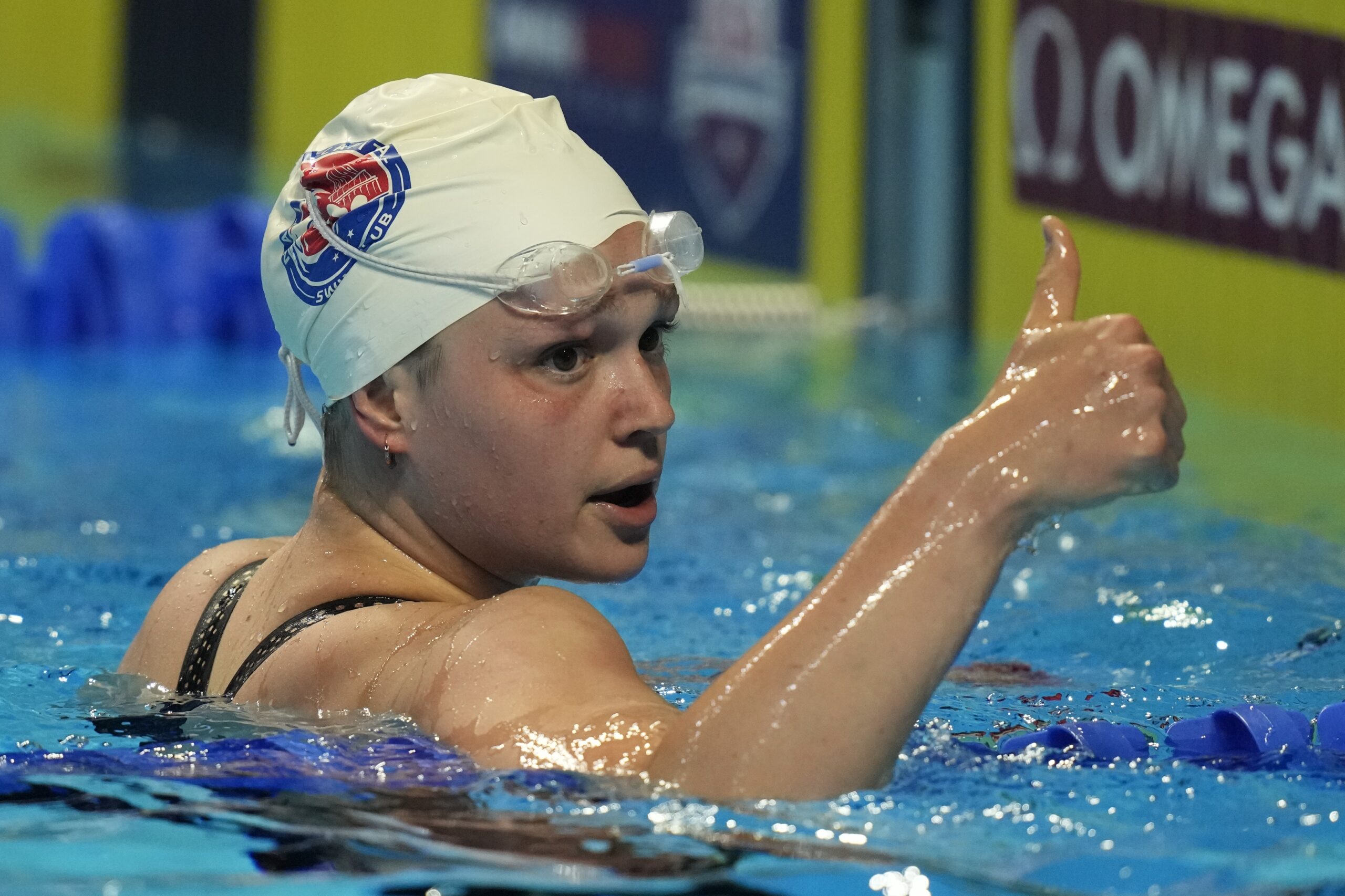
WPR is talking with Wisconsin’s athletes competing in the 2024 Summer Olympic Games in Paris. Head to WPR’s special Olympic and Paralympic page to meet more of the competitors.
Wisconsin Public Radio, © Copyright 2025, Board of Regents of the University of Wisconsin System and Wisconsin Educational Communications Board.

